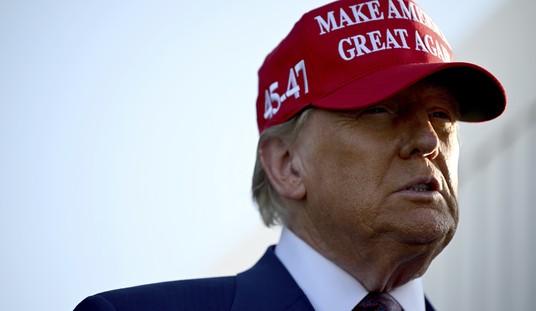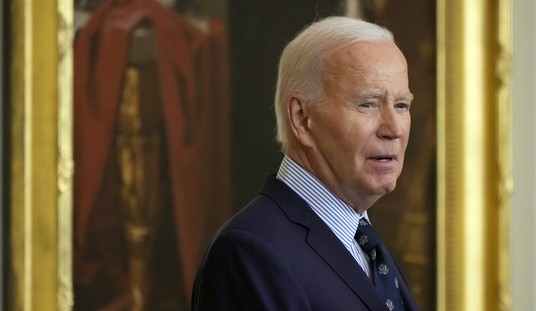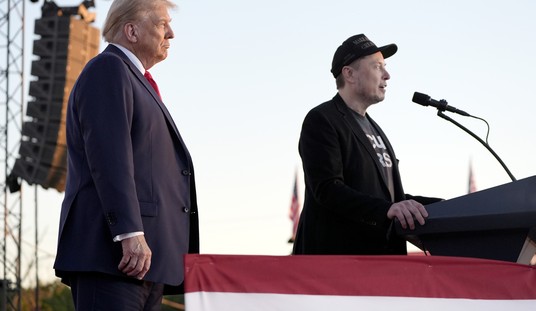
I don’t particularly believe that a president has a lot of effect on the economy. If it tanks, they get blamed for it, so it seems only fair that if it does well they should be able to claim credit.
Trump has been in office for nearly a year. The Dow is at record levels. Unemployment is at near-record lows. There is no serious sign of inflation heating up. Most importantly, the areas where a president can make a difference, business and consumer confidence, are solid and improving
Both of those factors, factors which largely control if businesses and families feel comfortable spending money, are direct factors of the collective confidence in how the economy is being managed.
So, smack my ass and call me Sally, I was more than a little shocked to see this in the New York Times today: The Trump Effect: Business, Anticipating Less Regulation, Loosens Purse Strings. I’m tentatively filing this in the man-bites-dog category but it may more properly belong in when-pigs-fly.
A wave of optimism has swept over American business leaders, and it is beginning to translate into the sort of investment in new plants, equipment and factory upgrades that bolsters economic growth, spurs job creation — and may finally raise wages significantly.
While business leaders are eager for the tax cuts that take effect this year, the newfound confidence was initially inspired by the Trump administration’s regulatory pullback, not so much because deregulation is saving companies money but because the administration has instilled a faith in business executives that new regulations are not coming.
“It’s an overall sense that you’re not going to face any new regulatory fights,” said Granger MacDonald, a home builder in Kerrville, Tex. “We’re not spending more, which is the main thing. We’re not seeing any savings, but we’re not seeing any increases.”
Of course, the NYT, being what it is, can’t resist adding this:
There is little historical evidence tying regulation levels to growth. Regulatory proponents say, in fact, that those rules can have positive economic effects in the long run, saving companies from violations that could cost them both financially and reputationally.
I’m not sure how imposing regulations that create the predicate for violations are able to claim credit for companies not violating regulations that wouldn’t otherwise exist, but whatever.
The evidence is weak that regulation actually reduces economic activity or that deregulation stimulates it. But business executives are largely convinced that the cost of complying with rules diverts money that could be invested elsewhere. And economists see a plausible connection between Mr. Trump’s determination to prune the federal rule book and the willingness of businesses to crank open their vaults. Measures of business confidence have climbed to record heights during Mr. Trump’s first year.
“The notion that deregulation unleashes growth is virtually impossible to find in the data,” said Jared Bernstein, a senior fellow at the Center on Budget and Policy Priorities who served as the chief economic adviser to Vice President Joseph R. Biden Jr. “What does matter is this idea that confidence matters. If their expectations about the future are positive, then it does make a difference.”
Businesses acknowledge that the most important reason for their increased optimism is the simple fact that the domestic economy continues to expand, with few clouds on the horizon.
But confidence is fickle and were I someone Trump listened to, I’d tell him that if you live by economic data you die by it. If you tie yourself too closely to being personally responsible for the upside, you totally own the downside. Having said that, Trump’s impetus to eliminate regulations and the cronyism and rent-seeking that comes with it is correct. If he persists in killing new regulations and eliminating old ones, he may leave an economic legacy that successors will try to emulate.













Join the conversation as a VIP Member